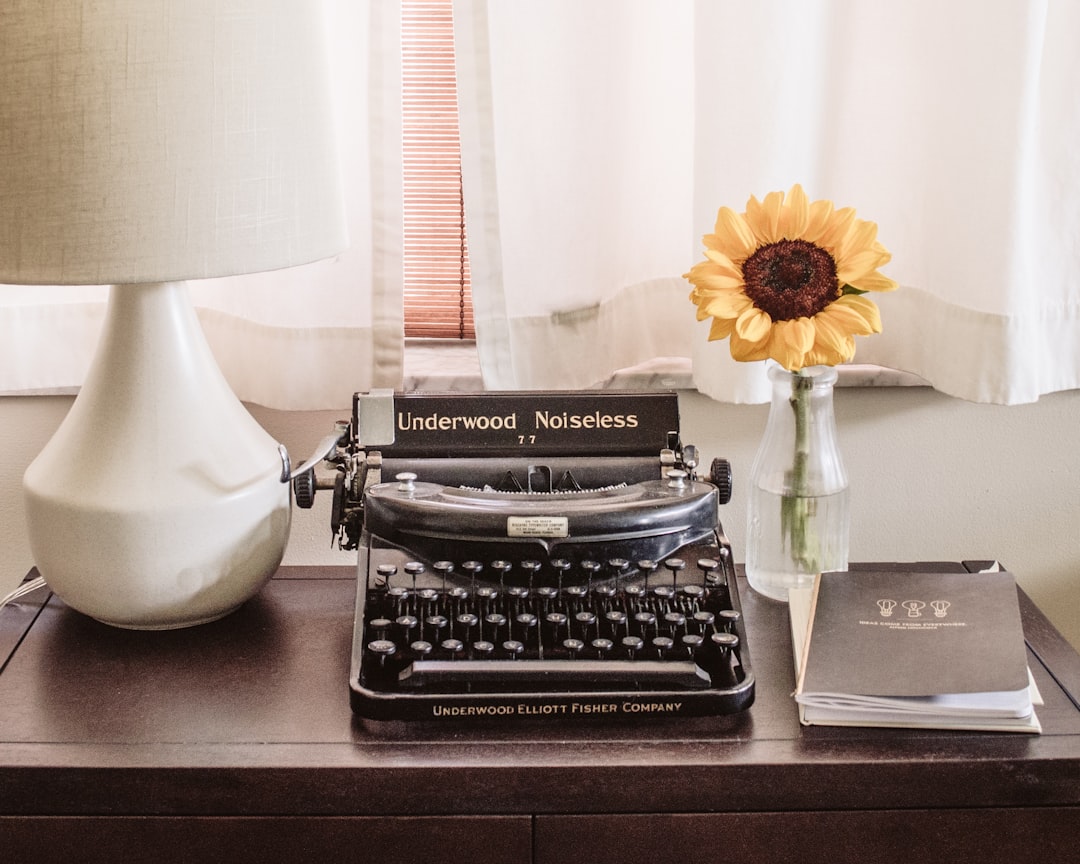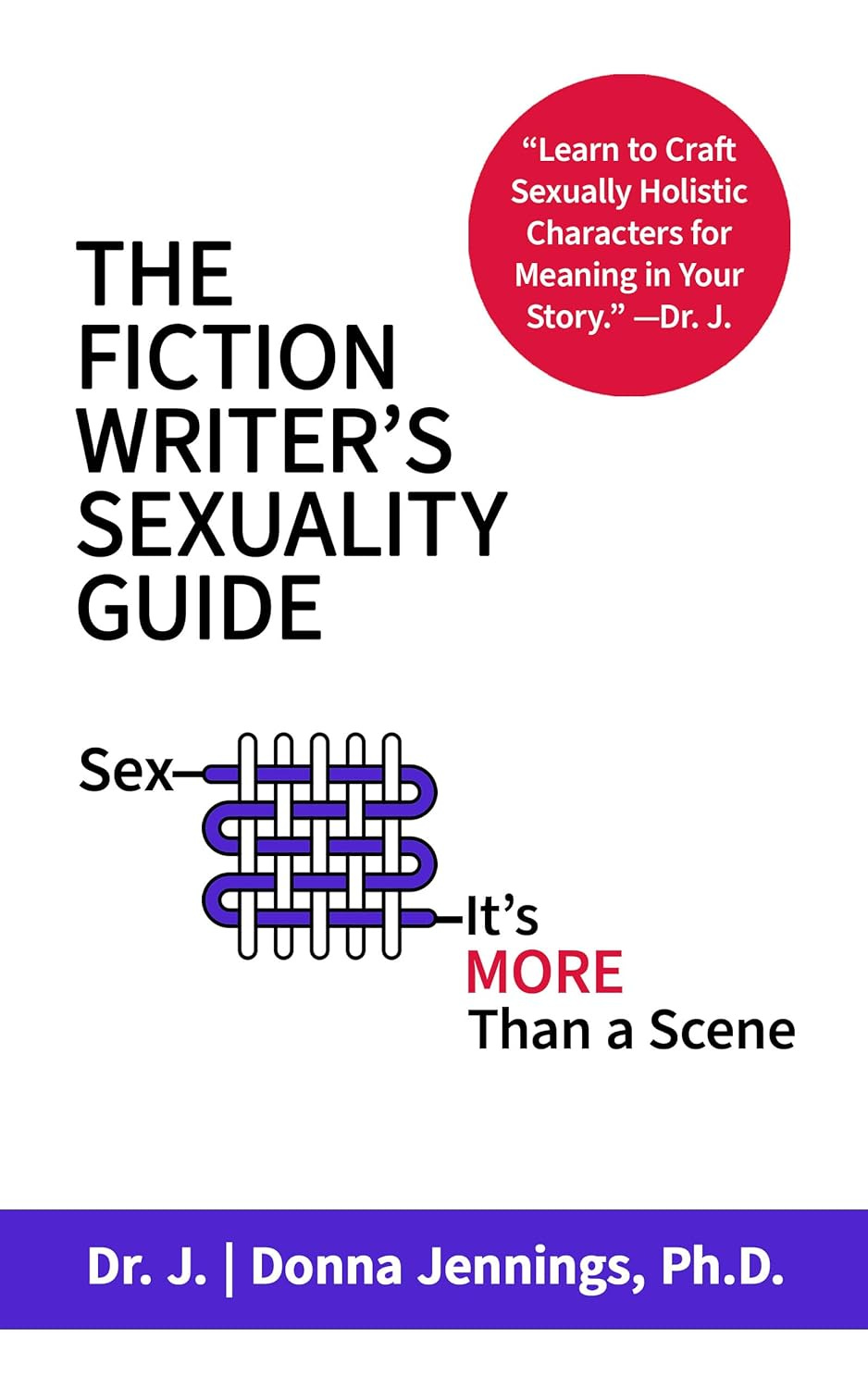Empower Your Writing: How to Choose the Best Narrative Form for Your Story
A definitive guide to the differences and similarities of autobiography, biography, and memoir...
I shared an article on social media about five memoir writing exercises I use and teach to memoir writers. Someone commented that memoir should encompass birth to death, not just a specific experience.
Curious, I asked them to elaborate. Having written three memoirs and conducted numerous workshops, I found that what they described sounded more like an autobiography.
They explained further that “nobody young should write a memoir because they haven’t lived long enough to interpret their experiences.” They also mentioned that “the definition of memoir has shifted from older adults to young people who consider themselves interesting enough.”
This is a common misconception. Even the New York Times has debated this, with writers presenting both sides.
The term memoir comes from the French word mémoire, meaning memory or reminiscence. It focuses on specific life experiences, not one’s entire life. For instance, Julius Caesar’s Commentarii de Bello Gallico (Commentaries on the Gallic Wars) details a specific period of his life.
Let's clarify the differences between memoir, biography, and autobiography. To read more in-depth, click here ⬇️
Unleashing the Healing Power of Empathy Through Storytelling
Writing about traumatic events can be a challenging yet powerful endeavor. I’ve written three memoir and poetry books about being a childhood sexual abuse survivor. BadRedhead Media, LLC’s All Things Book Marketing! is a reader-supported publication. To receive new posts and support my work, consider becoming a free or …
What Is Memoir?
According to Blurb.com:
A memoir focuses on reflection and establishing an emotional connection, rather than simply presenting the facts about their life. The author uses their personal knowledge to tell an intimate and emotional story about their lives' private or public happenings.
Memoirs are intentionally focused and exclude broader biographical or chronological details unless they are relevant to the story. They are typically written in the first-person POV.*
*Books contain affiliate links. I may earn a small commission if you make a purchase.
Famous memoirs include:
Angela’s Ashes by Frank McCourt
I Know Why the Caged Bird Sings by Maya Angelou
Personal Memoirs of Ulysses S. Grant by Ulysses S. Grant
Here’s the best definition of memoir I’ve seen:
“Memoir is about something you know after something you’ve been through.”
~ Marion Roach Smith, The Memoir Project
Must one be older to write a memoir? Absolutely not. Young people can experience profound events and offer mature interpretations and reactions.
As a childhood sexual abuse survivor, I’ve dealt with the after-effects of the abuse throughout my life (I’m 60 now). Should I not write about it because someone thinks I’m not ‘old enough’ to understand it? That's absurd. We all have a right to tell our stories.
Key points for memoir writing:
Emotional Connection: Instead of merely stating emotions, explain how these emotions impacted you. If you don’t feel it when you write it, readers won’t feel it when they read it.
Purpose: Know why you’re writing and sharing your story. Your focus and readers’ interest will wane if your purpose is unclear. For example, I write to help other survivors feel less alone.
What Is Biography?
A biography is typically written in the third person and provides an objective account of someone’s life. It explores what has shaped this person’s experiences using various sources, such as interviews, letters, and photographs.
Famous biographies include:
His Excellency: George Washington by Joseph J. Ellis
Einstein: The Life and Times by Ronald William Clark
Red Comet: The Short Life and Blazing Art of Sylvia Plath by Heather Clark
What Is Autobiography?
An autobiography is written by the person who lived the experience. It often starts with early childhood and chronologically details key life events, including personal milestones and achievements.
Famous autobiographies include:
The Story of My Life by Helen Keller
The Diary of a Young Girl by Anne Frank
Losing My Virginity by Richard Branson
Here's a great chart from Book Riot on the differences between memoir and autobiography:
Why Does This Matter?
Imagine if young Anne Frank hadn’t kept her journal, and her father Otto hadn’t shared her thirty-four tales. Anne Frank’s diary not only describes the terrifying period she lived through but also expresses her hopes and dreams.
Understanding the different nonfiction genres helps you decide what works best for your story. Many people write about their lives, and often, truth is stranger than fiction.
What makes your memoir unique is that it’s by you and about a specific experience in your life.
I’ve included many sources in my research, so please click on them to learn more. I’d love to hear your thoughts and experiences with writing memoir!
Audio Spaces
• In case you missed it, my monthly #BookMarketingChat Space this month was on Wednesday, 6/4, at 2 pm pst/5 pm EST with my very special guest, Dr. Donna Jennings, who is launching her new book, The Fiction Writer's Sexuality Guide: Sex—It's More Than a Scene.
I’m reading it now, and it’s fantastic.
Click here now to listen to the replay (Twitter/X account required).
• #TheWriteLab Space with me and cohost @VennieKocsis! Join us every Thursday at 1 pm PST/4 pm EST on XSpaces (formerly Twitter) to discuss your author branding, socials, writing (of course), and marketing - FREE! Audio-only, recorded if you miss it.
Click here to set a reminder now for our Thursday, 6/20 space. Topic: Open Q&A.
Featured Book of the Week:
The Leftovers Club: Jojo’s Story by Vince Defilippo - if you love young adult/new adult/romance, this series is for you! I read the first book in a few hours and loved it. Starting book two (Bee’s Story) next.
Sponsor
💜 Thank you, Booklinker, my exclusive advertising sponsor for 2024! Free universal book links for all authors. It's super easy to use. And they have a fantastic blog here.💜
See you next week, and happy writing!
Are You With Me?
If just 5% of my 3K free subscribers contributed the cost of a coffee, I could reach a larger audience to help writers tell our stories. If you can't become a paid subscriber, please share with a friend. 🌻
Let’s do this together!








